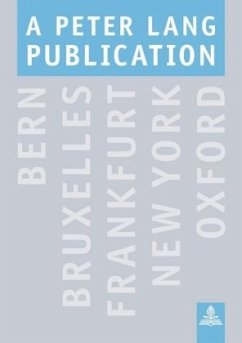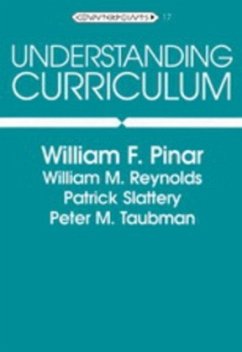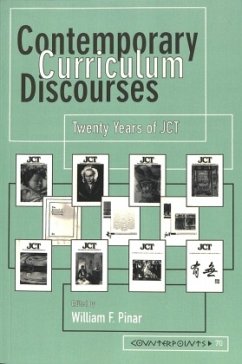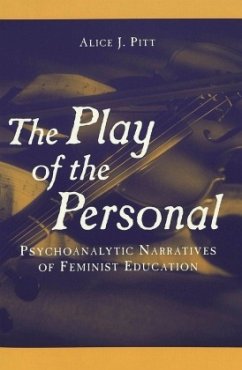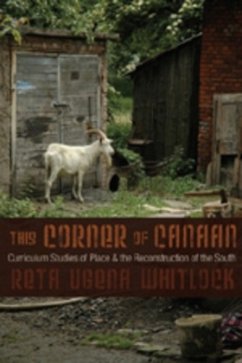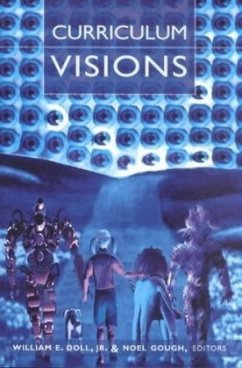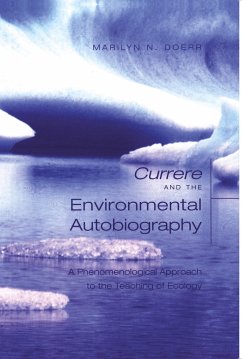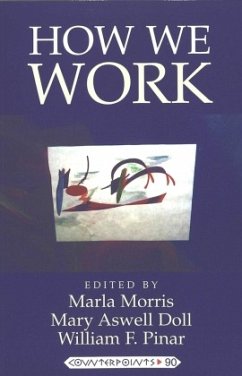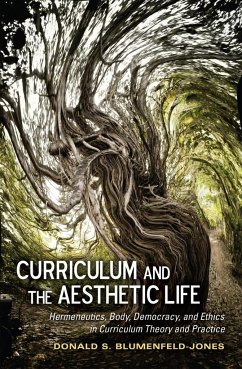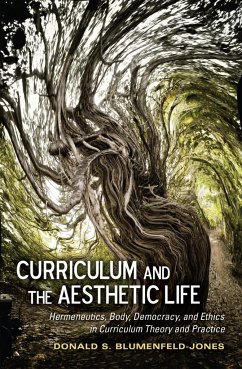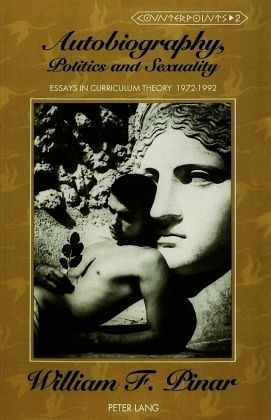
Autobiography, Politics and Sexuality
Essays in Curriculum Theory, 1972-1992
Versandkostenfrei!
Versandfertig in 6-10 Tagen
31,35 €
inkl. MwSt.

PAYBACK Punkte
0 °P sammeln!
Like a particularly heartfelt letter to the reader, William Pinar's Autobiography, Politics and Sexuality: Essays in Curriculum Theory 1972-1992 asserts the viability of autobiography as a tool of study in the area of curriculum and instruction. As an alternative to the sterile bureaucratic style of curriculum studies that dominated the field at one time, William Pinar has reconceptualized curriculum studies in a more organic, flexible and exciting way which honors the immediacy and complexity of students, teachers and their relationships by taking into account their lives as they live them. A...
Like a particularly heartfelt letter to the reader, William Pinar's Autobiography, Politics and Sexuality: Essays in Curriculum Theory 1972-1992 asserts the viability of autobiography as a tool of study in the area of curriculum and instruction. As an alternative to the sterile bureaucratic style of curriculum studies that dominated the field at one time, William Pinar has reconceptualized curriculum studies in a more organic, flexible and exciting way which honors the immediacy and complexity of students, teachers and their relationships by taking into account their lives as they live them. Autobiography, Politics and Sexuality: Essays in Curriculum Theory 1972-1992 is a classic in the field of education studies.



